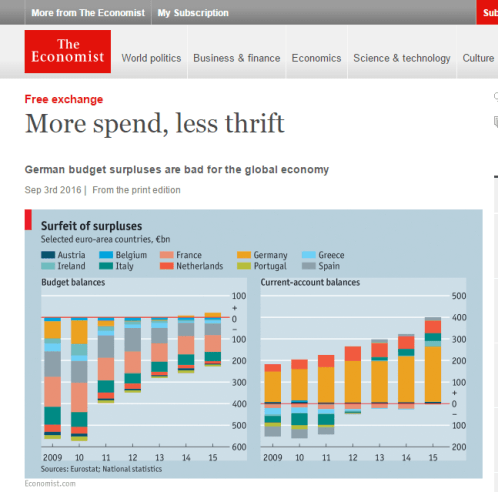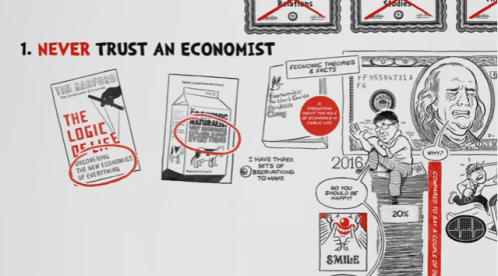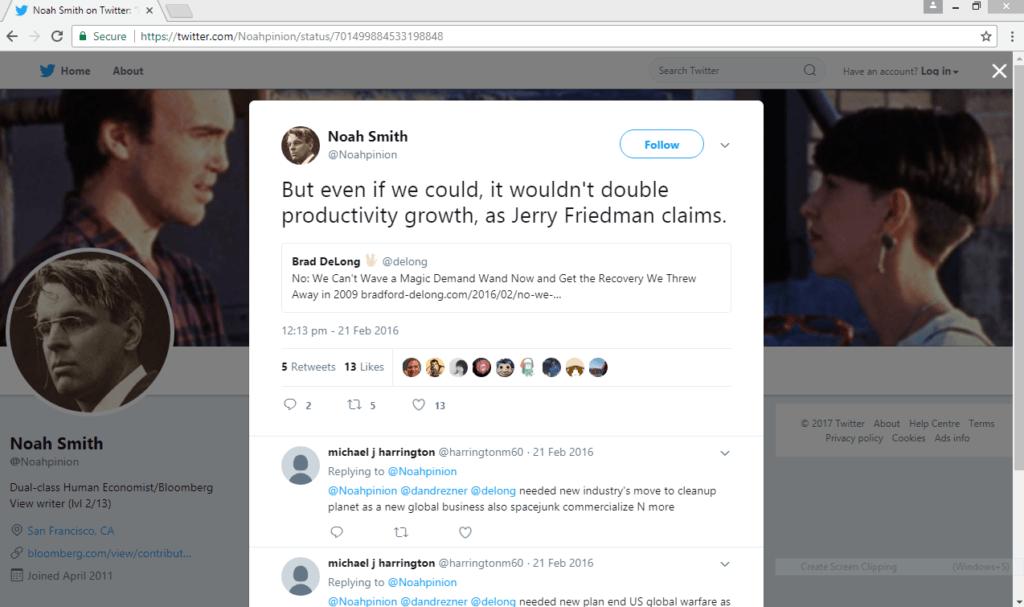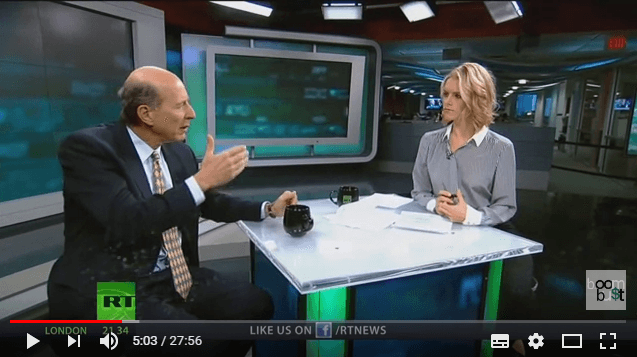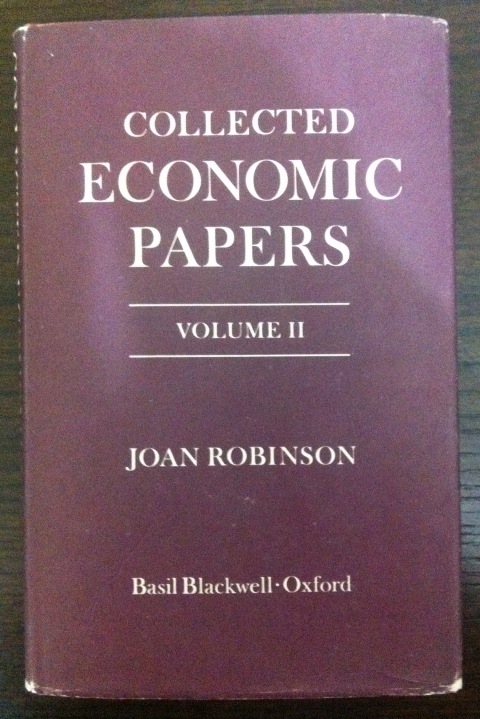One of the most important message of this blog is that “free trade” is quite devastating to economies. In a recent article Economists Actually Agree on This: The Wisdom of Free Trade for The New York Times, Greg Mankiw once again pushes for free trade and also mentions that there is consensus in the profession.
Many of heterodox economists dissent on the issue of free trade. In this post, I will provide two examples: Joan Robinson and Wynne Godley.
Mankiw says:
Economists are famous for disagreeing with one another, and indeed, seminars in economics departments are known for their vociferous debate. But economists reach near unanimity on some topics, including international trade.
In the article, Mankiw tries to show among other things how free trade is the opposite of Mercantilism. Joan Robinson explained in her 1977 essay What Are The Questions? how foreign trade is important and that free trade is a subtle form of mercantilism.
According to Robinson:
A surplus of exports is advantageous, first of all, in connection with the short-period problem of effective demand. A surplus of value of exports over value of imports represents “foreign investment.” An increase in it has an employment and multiplier effect. Any increase in activity at home is liable to increase imports so that a boost to income and employment from an increase in the flow of home investment is partly offset by a reduction in foreign investment. A boost due to increasing exports or production of home substitutes for imports (when there is sufficient slack in the economy) does not reduce home investment, but creates conditions favorable to raising it. Thus, an export surplus is a more powerful stimulus to income than home investment.
In the beggar-my-neighbor scramble for trade during the great slump, every country was desparately trying to export its own unemployment. Every country had to join in, for any one that attempted to maintain employment without protecting its balance of trade (through tariffs, subsidies, depreciation, etc.) would have been beggared by the others.
From a long-run point of view, export-led growth is the basis of success. A country that has a competitive advantage in industrial production can maintain a high level of home investment, without fear of being checked by a balance-of-payments crisis. Capital accumulation and technical improvements then progressively enhance its competitive advantage. Employment is high and real-wage rates rising so that “labor trouble” is kept at bay. Its financial position is strong. If it prefers an extra rise of home consumption to acquiring foreign assets, it can allow its exchange rate to appreciate and turn the terms of trade in its own favor. In all these respects, a country in a weak competitive position suffers the corresponding disadvantages.
When Ricardo set out the case against protection, he was supporting British economic interests. Free trade ruined Portuguese industry. Free trade for others is in the interests of the strongest competitor in world markets, and a sufficiently strong competitor has no need for protection at home. Free trade doctrine, in practice, is a more subtle form of Mercantilism. When Britain was the workshop of the world, universal free trade suited her interests. When (with the aid of protection) rival industries developed in Germany and the United States, she was still able to preserve free trade for her own exports in the Empire. The historical tradition of attachment to free trade doctrine is so strong in England that even now, in her weakness, the idea of protectionism is considered shocking.
[emphasis: mine]
According to her colleague Wynne Godley, dissenting against free trade was one of the most important reasons for his dissent against the profession. In his short autobiography written in 2001 for A Biographical Dictionary Of Dissenting Economists (Edward Elgar book site), Godley says:
There are two aspects (in particular) of the work of the CEPG [Cambridge Economic Policy Group] which put its members into a category which may he termed ‘dissenting’. The first – a matter mainly of concern to the modelling fraternity and academic econometricians – was the unconventional view we took about how to construct and use an econometric model. Thus we attached prime importance to what may be termed ‘model architecture’ by which I mean that the underlying accounting was coherent, without any ‘dustbin’ equations or sectors; everything came from somewhere and went somewhere. Our view, by which I still stand, was that model architecture in this sense takes priority over parameter estimation; I am even prepared to conjecture that a properly a ‘architected’ model will deliver much the same results over a wide range of parameter estimates, particularly if the model is used for the simulation of medium- or long-term scenarios. Furthermore our use of the model was unconventional in that we treated it, not as something which would generate accurate forecasts of what would actually happen, but as a tool that informed our minds as to a great many possible outcomes conditional on a wide range of alternative assumptions both about exogenous variables and about parameter values. In using our model in this way we were greatly assisted by Cripps’s programming expertise, which permitted us to work with a speed and flexibility not generally available at that time. I should add that econometrics, as usually defined, played (advisedly) a relatively minor role in our work.
The second, and more egregious, respect in which we became a ‘dissident’ group was that, as a result of trying to think through the possible ways in which Britain’s net export demand might be improved, we entertained the possibility that international trade should be, in some sense, ‘managed’. There might, we argued, be no way in which the adverse trends could be reversed other than some form of control of imports. Our argument (see for instance Cripps, 1978; Cripps and Godley, 1978) was never one in favour of protectionism as normally understood – that is, the selective and unilateral protection of relatively failing industries under conditions of general stagnation. On the contrary, we were most careful to lay down conditions under which the management of trade would benefit not only our own country (without making its industry less efficient) but would also increase the level of trade and output in the rest of the world. The two basic principles were, first, that trade management should reduce import propensities without ever reducing imports themselves (in total) below what they otherwise would have been; and, second, that ‘protection’ should be as minimally selective as possible (for example, through the use of market mechanisms such as auction quotas) so that industrial inefficiency would not be sponsored.
I was surprised by the hostility with which our ideas about trade were received. It seemed to me at the time, and still seems to me, that the arguments actually used against us (at their most coherent by Maurice Scott et al., 1980) did not, in practice, rest on a well-articulated theoretical position but on very special assumptions about behavioural relationships and international political responses. (I have, to the best of my ability, answered these particular points in Christodoulakis and Godley, 1987.)
…
The ‘dissident’ argument in favour of managed trade is well summarized in Kaldor (1980), where he points out that the modern theory of international trade is based on the assumption that all production takes place according to the conditions described by the neoclassical production function, with constant returns to scale. Kaldor postulated instead, and he was surely right to do so, that the principle of circular and cumulative causation leads (through dynamically increasing returns) to a process, not of convergence, but of polarization between successful and unsuccessful economies in which success in competitive performance feeds on itself and losers become immiserated by trade.
The above quote is interesting from another perspective: it explains Godley’s views about modeling, policy, “forecasting” etc.
